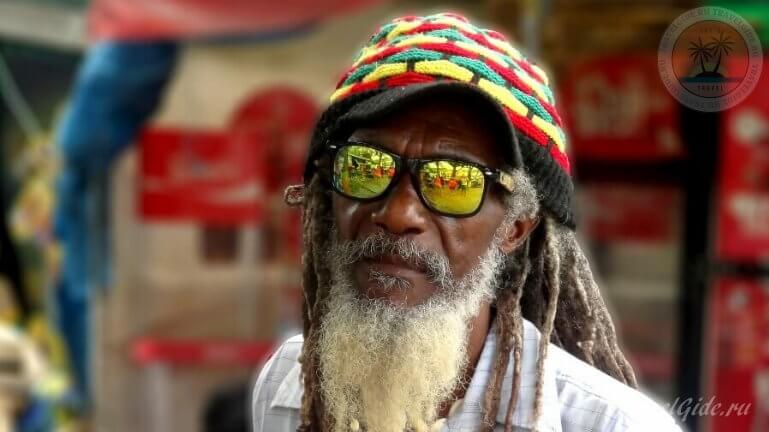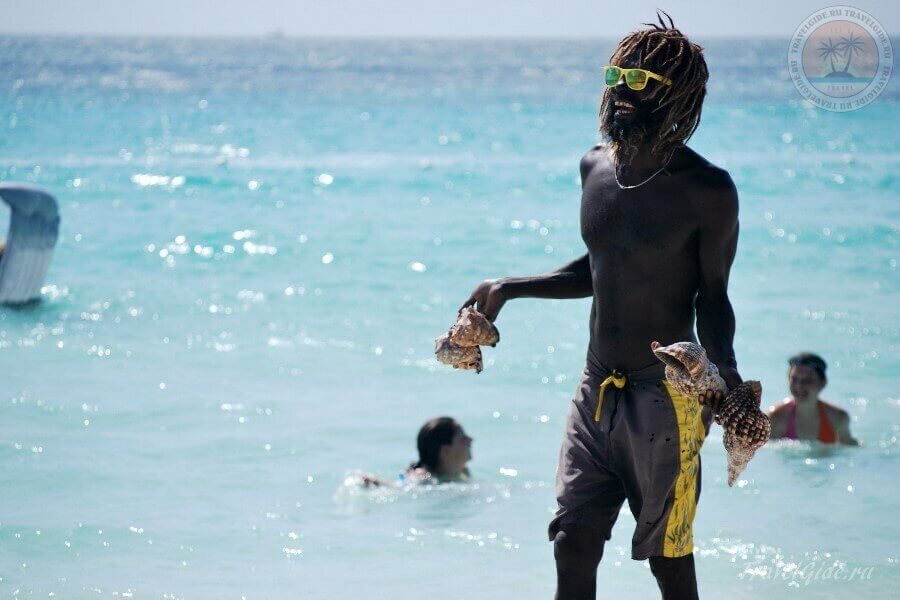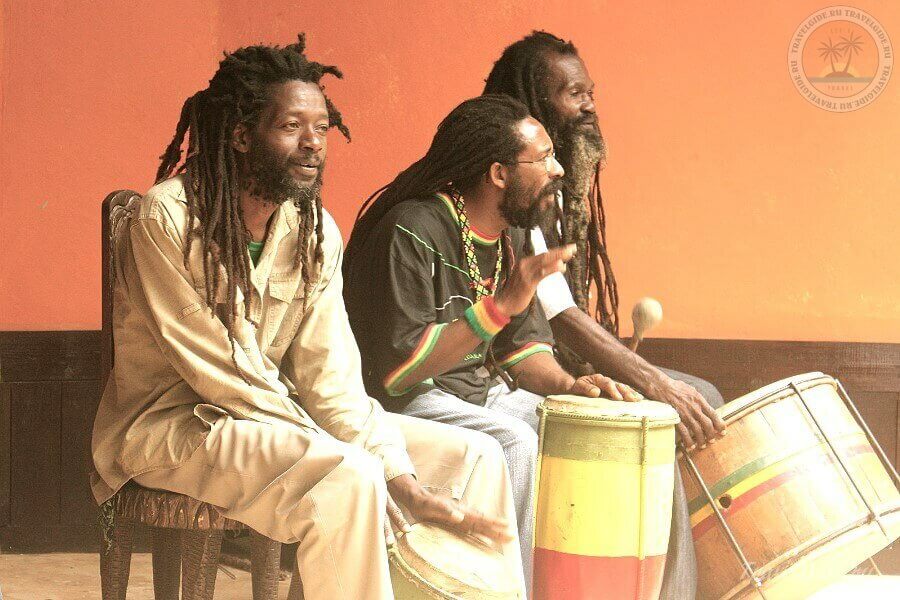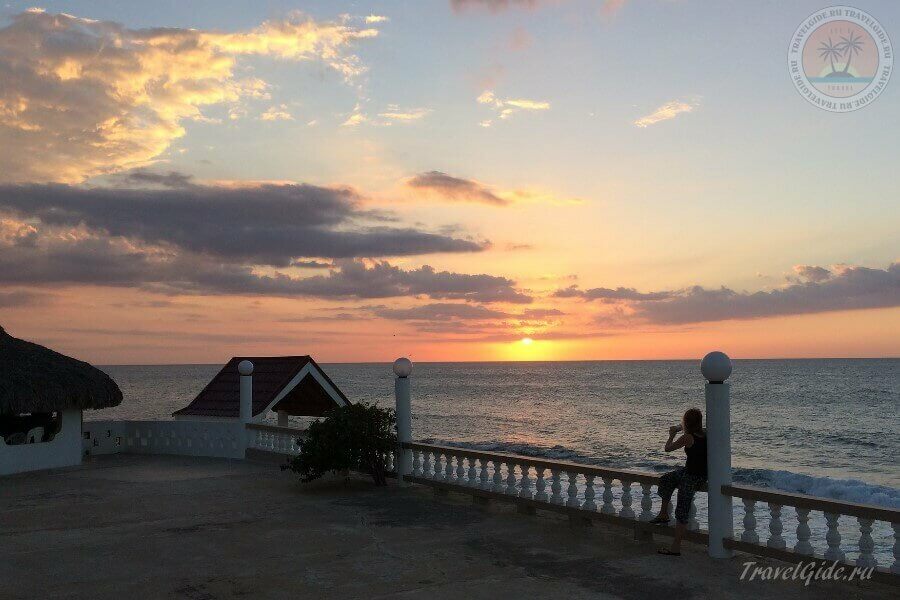
What does the word Yaman mean in Jamaica: the main commandment of the Caribbean island
HThe egre porter at the Montego Bay airport lifted his head up to the ceiling and spat out gum. Caught and repeated the trick again. "Yaman!" another negro porter clapped him approvingly on the shoulder.
- What are they? I asked the guide.
“Ah, don’t pay attention,” the guide shrugged. - They are Rastafari. Yaman!
Rastafari as a system of life values
Many Jamaican blacks are adherents of Rastafari. As a system of life values and way of life, the Rastafarian went from Ethiopia and absorbed the juices of African religions and the postulates of modern Negro ideology (not excluding the ideas of black nationalism).

It is an undoubted fact that the visit of Haile Selassie, the last Ethiopian emperor and king of all Rastafarian blacks, which happened already in 1966, is still the number one event in the memory of the Jamaicans.
The family ties with Africa among the islanders are still very strong. Thanks to them, African values on the island successfully compete with American ones. I even got the impression that even those Jamaicans who are not Rastafari (perhaps half-Rastafari) are still Yaman ...
It is difficult for a white person to understand what Rastafari and the yaman associated with it are. We simply do not have analogues of this phenomenon. Rastafari is both a free way of life, which Europeans would call careless, and a ban on cutting hair. From here came the famous Jamaican braids - dreadlocks, which for $60-80 will be braided to you at local hairdressers.
And the “enlightenment” of the spirit with the help of “special plants”, and reggae music, which is rooted in the rhythms of African shamans, is an integral part of meditation – this is also all Rastafari.
Bob Marley, reggae and the word "Yaman"
The most important component of Rastafari for tourists and for a fair amount of Jamaicans is, of course, reggae. In almost any eatery on the island, you can find a portrait of Bob Marley, the most famous Jamaican performer and reggae ideologue (his house-museum is open in Kingston).
Although the singer died almost forty years ago, his name is still aspirated by every local, and his songs are sung by the islanders for any reason.

Without any exaggeration, it can be argued that reggae flows in the veins of any indigenous inhabitant of the island. And this is manifested in everything: in the rhythms that pulsate at every disco, in the yellow-green-red colors of the national flag, in the relaxed exotic gait of the Jamaicans, which white travelers and tourists so unsuccessfully try to imitate.
What can I say, even the propaganda of the prevention of dangerous social diseases is carried out here in the rhythm of reggae - the cunning Americans calculated that in this way information would quickly reach the local Don Juan. Indeed, it comes faster.
From there - from reggae and rastafari the most popular on the island Jamaica word - "yaman", which both whites and blacks exchange every now and then. It is impossible to say exactly what it means. This and greeting and goodbye and condescending address and some island password.

Therefore, when for no reason at all a stranger approaches you with a wobbling gait and exclaims: “Yaman!”, This should be understood something like this:
“Hey man, are you still following the main commandment of the island: there are no problems in Jamaica?”
It relies on slapping your hand on his arm with a flourish and answering with a smile:
“Of course, yaman!”
Video from Travel Guide from relaxing on the beach
And in the end, a kind, positive video from the distant sunny beaches of sandy islands. Who knows, maybe after watching this video you will pick up a new swimsuit, find a new romantic look, or at least get ready for the best vacation on the Caribbean beach...
